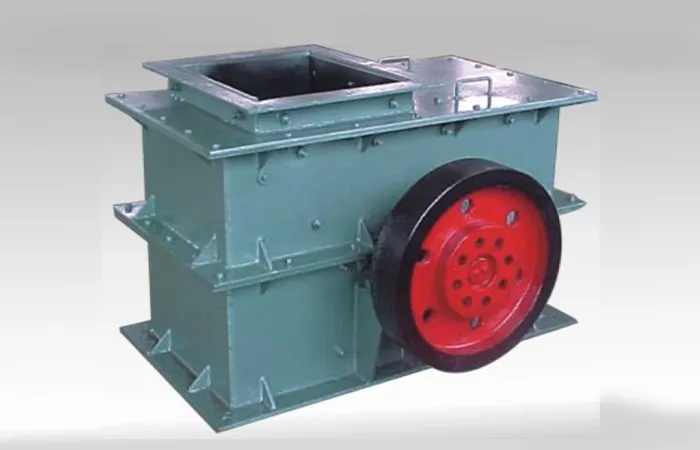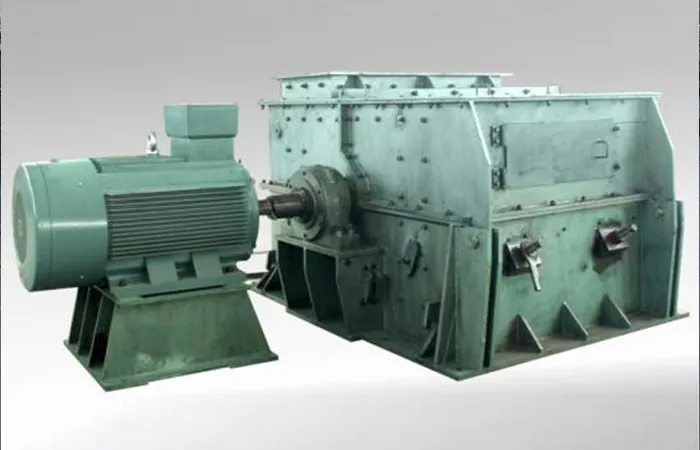What is the vibration standard of ring hammer crusher?
The vibration standard of ring hammer crusher is formulated according to the national mechanical vibration standard and the technical conditions and use requirements of the crusher. The specific standards may vary depending on the manufacturer, model and use environment. The following are some common vibration standards and their related points:
Ring hammer crusher vibration standard

1. Vibration index
The vibration of hammer crusher mainly comes from rotating parts (such as rotor and hammer), crushed materials and transmission system. In order to evaluate the intensity and impact of its vibration, the commonly used vibration indexes include:
Vibration velocity (mm/s): a comprehensive index reflecting the amplitude and frequency of the vibration source.
Acceleration (m/s²): a vibration signal in the form of a continuous waveform, used to reflect the amplitude of the vibration source.
Displacement (μm): the maximum displacement generated by the vibration source in a certain direction per unit time.
2. Vibration standard
For the vibration of hammer crusher, the commonly used evaluation standards include:
Vibration velocity evaluation standard: the vibration velocity measured on the bearing or structure should comply with the corresponding national or local first-level mechanical vibration standard.
Acceleration evaluation standard: similarly, the vibration acceleration measured on the bearing or structure should also comply with the corresponding standard.
Displacement evaluation standard: For displacement, the equipment without shock-absorbing platform is generally controlled below 120 microns (double amplitude), while the equipment with shock-absorbing platform is controlled below 200 microns (double amplitude). But please note that this standard may vary depending on the manufacturer and specific equipment.

3. Vibration control method
In order to ensure the normal operation and service life of the ring hammer crusher, its vibration needs to be effectively controlled and repaired. Common control methods include:
Strengthen maintenance: Regularly inspect and maintain the crusher to ensure the balance and rationality of its rotating parts and transmission system, and reduce the intensity and frequency of the vibration source.
Optimize structure: Reduce the inherent vibration of the vibration source and conduction system by optimizing the structure and assembly of the crusher.
Adjust process: Reduce the inherent vibration of the vibration source and conduction system by adjusting and controlling the process parameters such as the crusher’s transmission system, material feeding and discharging.
…
More detailed information about the vibration standard of hammer crusher can be found at: https://www.zymining.com/en/a/news/ring-hammer-crusher-vibration-standard.html


